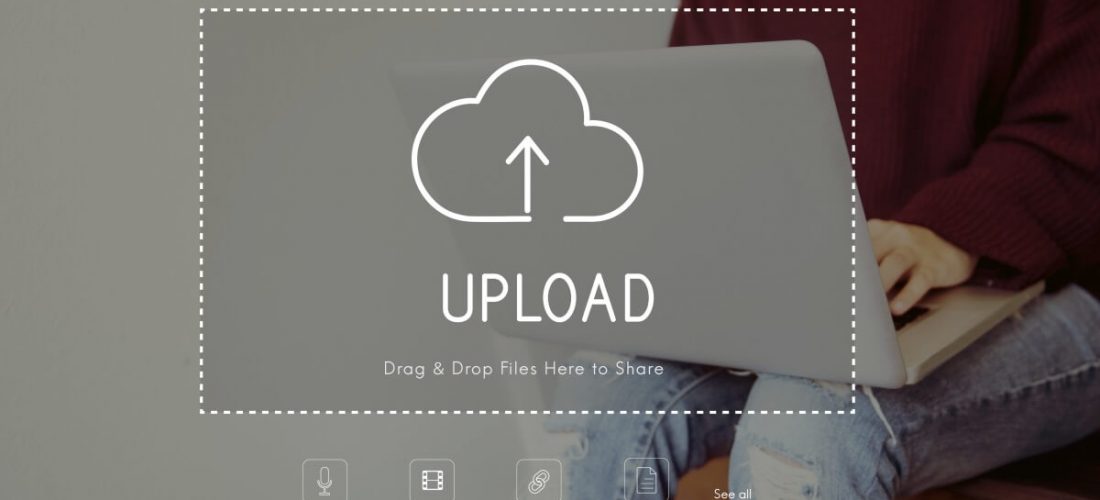Good resume databases can be like perfect blind dates. A job seeker and a recruiter meet for the first time, get to know each other and sparks can fly. One things lead to another and the candidate secures a new job and the recruiter earns commission. It’s a great outcome when it all goes to plan!
When uploading works
There are many resume databases available online. They include both niche, industry specific databases and generic databases.
Employers and agencies can search these databases and select to either contact you or download your resume via the database provider. The employers and agencies usually pay a fee for a certain number of contacts or resumes to download.
Uploading your resume and / or registering with these databases, like LinkedIn, is an excellent way of getting employers to consider you for more roles. It may also increase your chances of getting more job interviews.
Why you shouldn’t rely on this tactic
This is a passive way of conducting your job search. It is just one thing you can try and should complement more pro-active tactics as part of a targeted job search campaign.
The odds are stacked against you
Have you registered with a few resume databases and not heard anything back? Don’t be surprised.
Most of these sites promote the number of registered people to their advertisers, employers and agencies. It is not uncommon for niche sites to have tens of thousands of resumes. Large generic sites can have hundreds of thousands, if not over a million, CVs from which employers can choose from. This hopefully gives you an idea of the low odds of an employer selecting yours.
Design that leaves much to be desired
Some sites will offer you the option of using a resume builder or application form as part of the service. If you have the option, it’s better to upload a file of your original resume. The formatting of online resume builders and anything generated through an application form template is likely to leave a lot to be desired.
Be careful about what you share
When registering with an online resume database be sure to take your time during the application process. Most of the resume databases will enable you to change your privacy settings.
Think carefully about who you want to have access to your details. Do you want to be contacted first before your details are released, or are you happy for anyone who requests your details to be able to download them straight away?
Many of the larger sites will provide you with the option of removing identifiers. This is a good idea if you don’t want your current employer to find out that you are looking to change roles! Job seekers often tell us that they only realised their profile was public when it was too late.
Take your time to get it right
Check your resume is recorded under the right categories. This will increase your chances of being found. Include specific keywords so your resume or profile matches those that a potential employer will be searching for.
Keep updating
Many resume databases give employers and recruiters the option to order their search according to the date job seekers joined and/or the date their profile was most recently edited. Ensure your profile appears in their search and conveys that you are actively looking by editing your profile on a regular basis.
Being organised will help you keep track
Be organised when you register with multiple providers. Keep track of where your details are available. A simple job search spreadsheet will help you to monitor which boards your resume is on, in which categories, when it was posted and when it was last edited.
For the duration of your job search keep updating, altering or deleting records. This will also help you keep track of which roles you applied for and which employers and agencies you registered with.
When an agency finds your profile and wants to put you forward for a role, use your Glide Outplacement Application Log to see if you have already applied directly to the employer or via a different agency. If you think you applied via another agency, find out if they actually did put you forward for the position. If they did, don’t let the other agency put your forward for the same role.
What to do when there’s a potential match
So an employer asks to see your profile – what do you do next?
Try to open a dialogue with them. Finding out more about the role may give you the chance to tailor your resume specifically for that position. But if you don’t get this opportunity, remember the profile or resume they see is one that hasn’t been customised to their specific requirements so adjust your expectations accordingly.
Suggested resume databases
Just like the dating scene, if you don’t play you won’t win. So increase your chances of finding a perfect match by exposing your potential to as many employers as possible. Post your resume to one or more of the sites below as part of your job search.
General
http://au.jobomas.com/
https://au.indeed.com/
http://resume.careerone.com.au/
https://www.seek.com.au/profile/
Linkedin.com
http://www.careerjet.com.au/
https://hired.com.au/
http://www.careerjet.com.au/
Casual and temporary employment
https://www.oneshift.com.au/
https://www.livehire.me/
https://www.employme.com/
Medical
http://jobs.doctorportal.com.au/
Babysitters, aupairs and nannies
https://www.findababysitter.com.au
Recent graduates
https://au.gradconnection.com/
Science and research
https://jobs.newscientist.com/en-au/
IT related
https://www.dice.com/
https://stackoverflow.com
